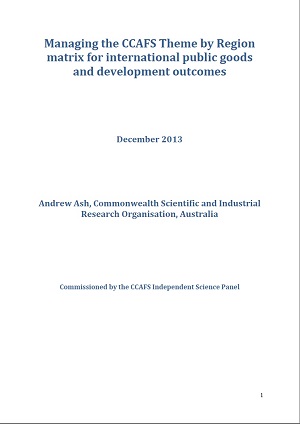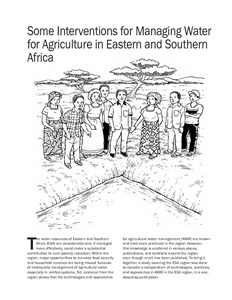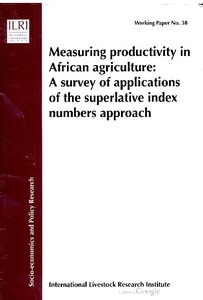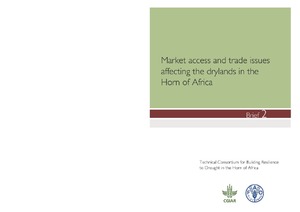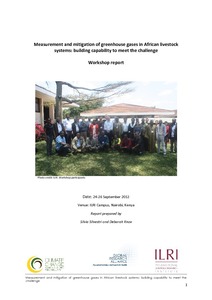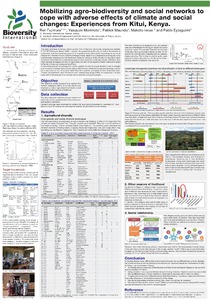Managing Potato Biodiversity to Cope with Frost Risk in the High Andes: A Modeling Perspective
Austral summer frosts in the Andean highlands are ubiquitous throughout the crop cycle, causing yield losses. In spite of the existing warming trend, climate change models forecast high variability, including freezing temperatures. As the potato center of origin, the region has a rich biodiversity which includes a set of frost resistant genotypes. Four contrasting potato genotypes –representing genetic variability- were considered in the present study: two species of frost resistant native potatoes (the bitter Solanum juzepczukii, var. Luki, and the non-bitter Solanum ajanhuiri, var.


